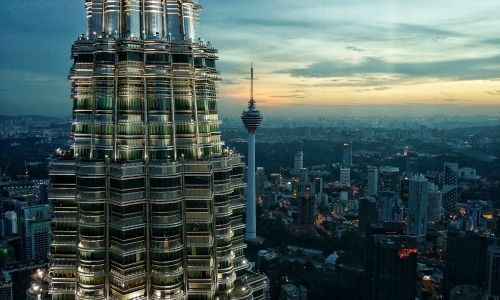Malaysian Banks Could Still Merge Despite Capital Requirements
Mid-sized banks in Malaysia could still move ahead with merger plans despite higher capital requirements.
The proposed additional capital requirements for domestic systemically important banks (DSIBs) in Malaysia will not thwart merger plans amongst mid-sized banks, according to a report from Fitch Ratings. This is because banks still have healthy capital positions that can withstand the planned surcharge.
«We do not expect Malaysia's additional DSIB requirements to materially affect banks' capital targets. The major banks already meet the higher proposed requirements comfortably and we believe many banks have made some allowance for them in their capital planning, as the DSIB framework has been widely anticipated,» said Elaine Koh, an analyst from Fitch, who was quoted in «Asian Banking and Finance».
Well Above Pillar 1 range
The common equity Tier 1 ratios of the top-six banking groups in Malaysia ranged between 12.0 and 15.5% percent at the end of 2018, well above the 7.5 to 8.0 percent Pillar 1 minimum that they would need to meet.
Hence, the new requirements are unlikely to deter industry consolidation especially amongst mid-sized banks, which may be designated as smaller DSIBs and should stand to benefit the most from consolidation through franchise and cost-efficiency gains.
Mega DSIBs Discouraged
Consolidation among the top two or three players, however, could result in the merged entity incurring a higher DSIB surcharge of 2.0 percent of risk-weighted assets or more, Koh notes. The central bank has said that it may impose higher DSIB surcharges to discourage larger DSIBs from further increasing their systemic importance.
As part of the Basel III capital framework, Malaysia is planning to increase surcharge for domestic systematically important banks (DSIBs) of 0.5 to 1 percent of risk-weighted assets.
Lower Versus ASEAN Peers
As compared to its ASEAN peers, Malaysia's planned buffer is still relatively low. Indonesia's capital surcharge range is at 1 to 2.5 percent, the Philippines' capital surcharge is at 1.5 to 2.5 percent, while Singapore's is at 2%.






















